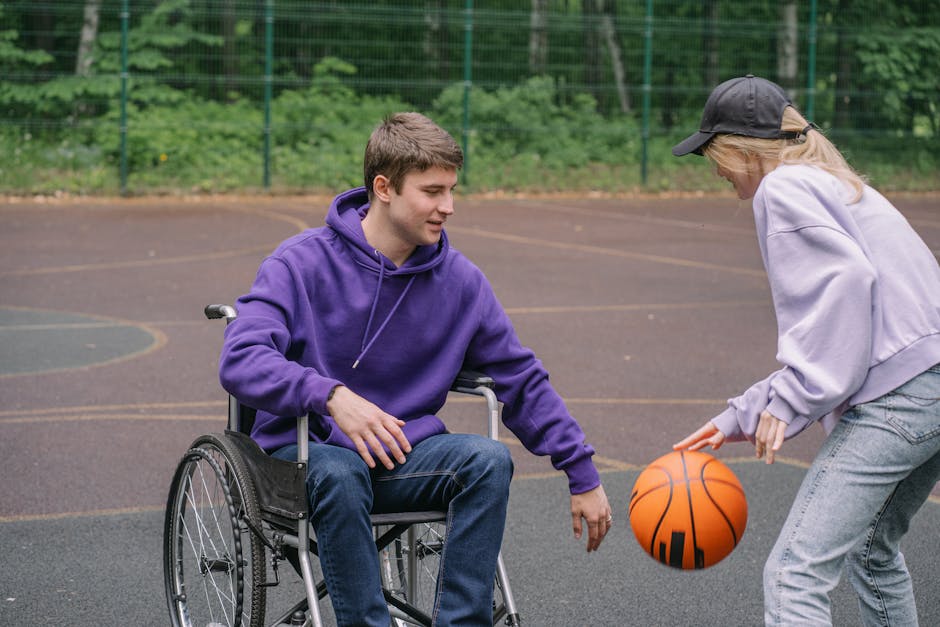A fundamental aspect of sports’ inclusive power lies in their ability to create shared experiences. Participation in team sports, for instance, necessitates collaboration and interdependence, fostering a sense of belonging and camaraderie that transcends individual differences. The collective goal, whether winning a game or improving individual skills, requires cooperation and mutual support, breaking down preconceived notions and stereotypes that might otherwise exist. This shared pursuit of a common objective creates a level playing field, where individual contributions are valued regardless of background, fostering empathy and understanding amongst participants.
Furthermore, sports provide a platform for marginalized groups to challenge societal norms and gain recognition. For women and girls, participation in sports offers an opportunity to challenge traditional gender roles and demonstrate their capabilities in traditionally male-dominated arenas. Increased visibility and success in competitive sports can serve as powerful role models, inspiring younger generations to pursue their athletic ambitions and challenge societal expectations. Similarly, individuals with disabilities can demonstrate their resilience and athleticism, shattering misconceptions about their capabilities and advocating for greater inclusion in both sporting and broader societal contexts. Adaptive sports programs, designed to cater specifically to the needs of athletes with disabilities, are crucial in ensuring equal access and participation.
Beyond participation, the very structure of many sporting organizations offers opportunities to promote inclusivity. Well-structured leagues and clubs can adopt policies that actively recruit and support participants from diverse backgrounds. This might involve outreach programs targeting underserved communities, providing financial assistance to overcome barriers to access, or implementing inclusive coaching and training methodologies. Moreover, promoting diversity within coaching staffs and leadership roles sends a powerful message of inclusivity, demonstrating a commitment to equitable representation at all levels of the sport.
However, realizing the full potential of sports to promote inclusion and equality requires addressing inherent challenges. One significant obstacle is the persistence of systemic inequalities within sports organizations and wider society. Issues such as gender pay gaps, unequal access to resources and opportunities based on race or ethnicity, and discrimination against athletes with disabilities continue to hinder progress. Addressing these issues requires proactive measures, including robust anti-discrimination policies, transparent governance structures, and accountability mechanisms to ensure equitable resource allocation and opportunities for all.
Another significant challenge is the prevalence of negative stereotypes and prejudice, both within and outside of sporting contexts. Racial bias in officiating, for example, can significantly impact performance and opportunity. Similarly, sexist or ableist attitudes among coaches, teammates, and spectators can create hostile environments, discouraging participation and perpetuating inequality. Combating these prejudices requires educational initiatives focused on promoting understanding and respect, challenging harmful stereotypes, and fostering a culture of inclusivity within the sporting community.
Furthermore, the commercialization of sports can exacerbate existing inequalities. The focus on elite performance and high-stakes competition can marginalize participation at grassroots levels, particularly among those from lower socioeconomic backgrounds who lack access to expensive equipment, training, and coaching. Striking a balance between elite competition and widespread participation is crucial to ensure that sports truly serve as an inclusive force for social good. Investment in community-based sports programs, coupled with initiatives to make sporting facilities and equipment more accessible, are essential to achieve this goal.
Finally, measuring the impact of sports on social inclusion and equality requires careful consideration. While anecdotal evidence and qualitative studies can provide valuable insights, quantitative data are also crucial to assess the effectiveness of various initiatives and track progress towards greater equity. Developing comprehensive metrics that capture participation rates, representation across different demographics, and perceptions of inclusivity within the sporting community is essential for evidence-based decision-making and policy development.
In conclusion, sports possess considerable potential to promote social inclusion and equality. However, realizing this potential requires a concerted effort from all stakeholders athletes, coaches, administrators, policymakers, and the wider community to address systemic inequalities, challenge prejudice, and foster a culture of respect and understanding. By creating inclusive environments, providing equitable access to resources and opportunities, and actively promoting diversity at all levels, sports can serve as a powerful catalyst for positive social change, contributing to a more just and equitable society for all.
